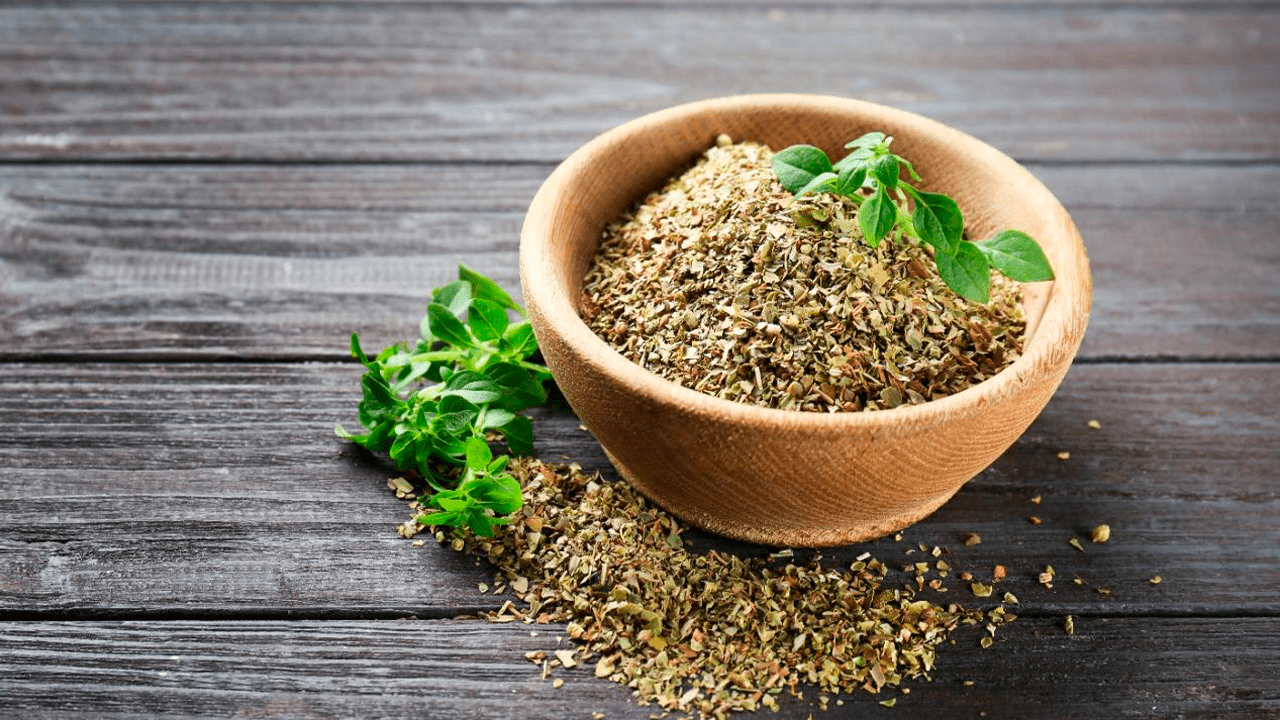Hello, my fellow coffee lovers!
If you’re battling with Irritable Bowel Syndrome (IBS), you may find that your cherished coffee mug might be adding to the problem. Scientific studies, including a research article published in “Digestive Diseases and Sciences,” suggest that coffee stimulates the gut, cranks up stomach acid production, and speeds up digestion, potentially amplifying IBS symptoms, especially if you’re more prone to IBS-D (diarrhea-predominant IBS) [1].
Not everyone’s the same though, some people with IBS can enjoy their coffee without any unpleasant side effects. Here are some factors that could potentially affect your IBS:
Caffeine: As a well-known gut stimulant, caffeine can speed up things in our gut, leading to discomfort or even diarrhea. Decaf might seem like a safer option, but research published in the “European Journal of Gastroenterology & Hepatology” has shown that decaffeinated coffee can also stimulate gut motility [2].
Acidity: Coffee’s acidic nature can lead to acid reflux, a common issue among those with IBS.
Additives: Dairy, sugar, sweeteners, or creamers added to coffee can provoke IBS symptoms.
If your coffee habit seems to be fueling your IBS symptoms, here are some alternatives you might consider:
Herbal Teas: Teas like chamomile, peppermint, or ginger could be soothing for your digestive system.
Golden Milk (Turmeric Tea): This traditional Indian beverage combines turmeric with almond or coconut milk for a potentially anti-inflammatory alternative.
Roasted Chicory Root Coffee: This caffeine-free option not only mimics the taste of coffee but also provides inulin, a prebiotic that promotes gut health [3].
Green Smoothies: Nutrient-packed smoothies can kickstart your day on a healthier note.
But if you’re a die-hard coffee lover, there are ways to enjoy it without aggravating your IBS:
- Try cutting back on your coffee intake to see if symptoms improve.
- Experiment with having coffee at different times of the day.
- Always have food with your coffee, never drink it on an empty stomach.
- Try cold-brewed coffee, which according to a study in “Scientific Reports,” can be less acidic than its hot-brewed counterpart [4].
The key to managing IBS is understanding your body’s unique responses. A food and symptom diary can help identify your triggers. And remember, always consult with a healthcare professional or a dietitian who can provide advice based on your specific situation. A harmonious relationship between you, your coffee, and your IBS is achievable!
References:
- Boekema PJ, et al. Coffee and gastrointestinal function: facts and fiction. A review. Scand J Gastroenterol Suppl. 1999;230:35-9.
- Rao SS, et al. Is coffee a colonic stimulant? Eur J Gastroenterol Hepatol. 1998 Feb;10(2):113-8.
- Gibson GR, et al. Dietary modulation of the human colonic microbiota: updating the concept of prebiotics. Nutr Res Rev. 2004 Dec;17(2):259-75.
- Rao NZ, Fuller M. Acidity and Antioxidant Activity of Cold Brew Coffee. Sci Rep. 2018;8(1):16030.









